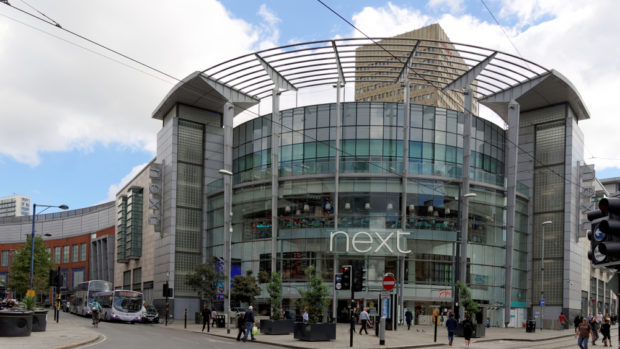
New research reveals that almost 25 million Brits are leaving the house without a wallet or other payment method, relying solely on their phones.
According to new research by personal finance comparison, website finder.com, 45 per cent of adults in the UK are comfortable leaving the house without a wallet or payment card because they know they can pay on their phone with a digital wallet, such as Apple Pay or Google Pay.
A quarter of these Brits (25 per cent) only leave the house without another way of paying occasionally, such as when they’re popping to the local shop. However, 1 in 5 (20 per cent) admit to leaving their wallet behind frequently or all the time, with physical wallets becoming less necessary as digital wallets become more common.
There is a clear generational divide in who is happy to leave their wallet behind, with almost three-quarters of generation Z (72 per cent) and two-thirds of millennials (66 per cent) opting for phone-only payments when leaving the house.
At the other end of the spectrum, only 1 in 4 baby boomers (23 per cent) and 1 in 10 silent generation members (11 per cent) admitted that they would be comfortable leaving the house with only a phone as a payment method, even if it was just for a short period of time.
Police data shows that mobile phone theft is on the rise in London, and the equivalent of one phone is stolen every 4 minutes. 121,888 phones were stolen in a single year between November 2022 and November 2023, a 21 per cent increase from the previous year.
However, the survey by Finder showed that Londoners were the most likely to leave their house with just their phone to pay for items in person, with 55 per cent admitting to doing this, despite the risk of having their phone stolen.
Official warnings from the police include looking out for criminals on bikes and mopeds, who are increasingly snatching mobile phones from people when they are out and about.
Phone theft is also on the rise in other parts of the UK, according to FOI data acquired from local police, including Manchester, which has seen a 16 per cent increase, and Cambridgeshire, which has seen a 9 per cent increase.








Share